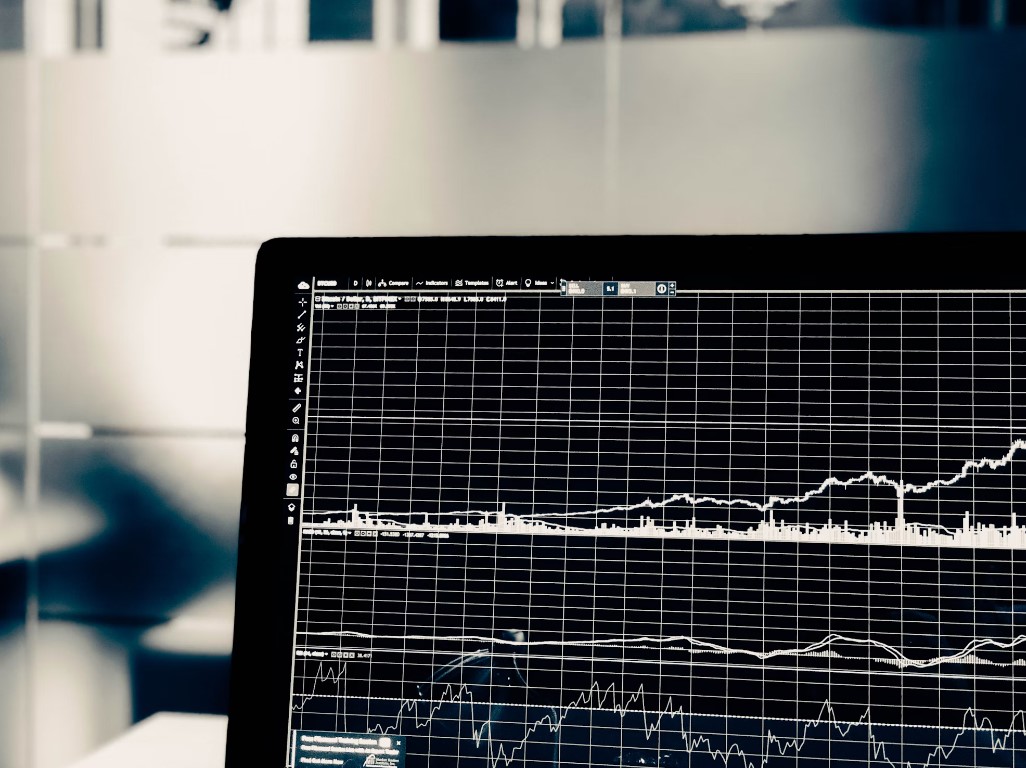 Author: Ian Aldridge, Progressive Legal
Author: Ian Aldridge, Progressive Legal

Data Controller: Key Responsibilities

Understanding the roles and responsibilities of a data controller is crucial for ensuring compliance with the General Data Protection Regulation (GDPR).
This article shines light on the the difference between a “controller” and a “processor,” highlighting that while controllers are pivotal in deciding the purpose and means of processing personal data, processors act under the controller’s guidance, handling data as instructed.
What’s the difference between a data controller and a processor?
A data controller is the entity (or entities) responsible for determining how and why personal data is processed. If there’s more than one controller, then they’re considered “joint controllers” and jointly have obligations to the data subject (and may be jointly liable).
A data processor on the other hand, is the entity (or entities) responsible for processing personal data on behalf of the controller. This means that the scope of processing permitted by the processor is limited to the instructions and limitations set by the controller. Importantly, this includes restrictions on engaging with other processors without the controller’s consent.
What are key responsibilities for a data controller?
Article 24 of the GDPR sets out the ‘responsibility of the controller’, which includes the implementation of “appropriate technical and organisational measures to ensure and to be able to demonstrate that processing is performed in accordance with this Regulation” (GDPR).
Further, these measures must be proportionate to the processing activities, and where appropriate, include the implementation of data protection policies.
As a data controller, it’s imperative that an assessment of data processing activities is undertaken to evaluate the level of risk to the data subject. For a data controller, this means taking into account the ‘nature, scope, context and purposes of processing as well as the risks of varying likelihood and severity for the rights and freedoms of the data subject’.
What are the principles relating to the processing of personal data?
As a data controller, it’s necessary to be able to demonstrate compliance with the following principles, in relation to personal data, it must be (Article 5):
– Processed lawfully, fairly and in a transparent manner in relation to the data subject (‘lawfulness, fairness and transparency’);
– Collected for specified, explicit and legitimate purposes and not further processed in a manner that is incompatible with those purposes; further processing for archiving purposes in the public interest, scientific or historical research purposes or statistical purposes shall, in accordance with Article 89(1), not be considered to be incompatible with the initial purposes (‘purpose limitation’);
– Adequate, relevant and limited to what is necessary in relation to the purposes for which they are processed (‘data minimisation’);
– Accurate and, where necessary, kept up to date; every reasonable step must be taken to ensure that personal data that are inaccurate, having regard to the purposes for which they are processed, are erased or rectified without delay (‘accuracy’);
– Kept in a form which permits identification of data subjects for no longer than is necessary for the purposes for which the personal data are processed; personal data may be stored for longer periods insofar as the personal data will be processed solely for archiving purposes in the public interest, scientific or historical research purposes or statistical purposes in accordance with Article 89(1) subject to implementation of the appropriate technical and organisational measures required by this Regulation in order to safeguard the rights and freedoms of the data subject (‘storage limitation’);
– Processed in a manner that ensures appropriate security of the personal data, including protection against unauthorised or unlawful processing and against accidental loss, destruction or damage, using appropriate technical or organisational measures (‘integrity and confidentiality’).
Key takeaways
Understanding and adhering to GDPR regulations is vital for both data controllers and processors. Controllers, who determine the purpose and means of processing personal data, must ensure transparency, data minimisation, and security. Processors, acting on controllers’ instructions, also play a crucial role in compliance.
While the above is mandatory for controllers, it’s not a complete guide on the obligations of data controllers under the GDPR. There are other important provisions, such as data breach notifications, that apply to data controllers to a varying degree.
It’s important to talk to a privacy lawyer to obtain comprehensive advice in relation to data controller obligations, particularly in consideration of the type(s) of personal data being collected and their specific processing activities.
We charge $700 +GST for a tailored GDPR compliant privacy policy. Get in touch with us below and request your privacy policy today.
Need help with the GDPR?
Contact us by giving us a call on 1800 820 083 or request our advice today.
REQUEST OUR ADVICENeed Privacy Help?
Please get in touch with us today via phone or the contact form on this page.


